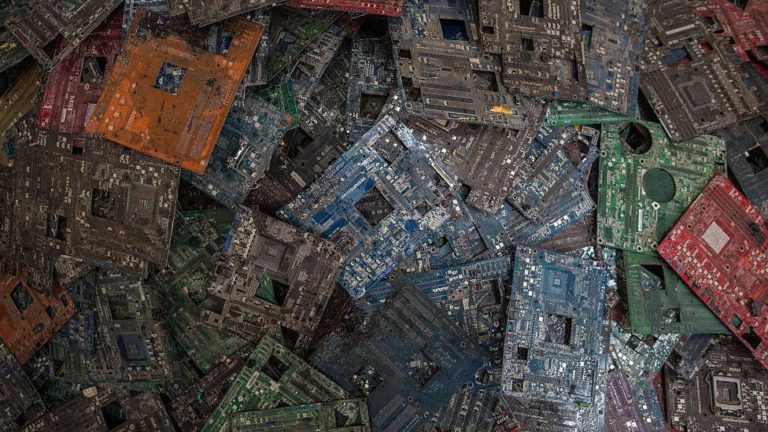Africa’s Cryptocurrency Markets Require a Closer Look at Custody

While 2021 was the crypto year, 2022 will be the custody year. Central banks all over the world are racing to develop and launch their own CBDCs, and surveys indicate that investment in digital assets will continue to rise.
Blockchain-powered digital assets have the potential to completely reshape how we interact with the financial system. However, according to one fintech CEO, in order for the entire ecosystem to reach its full potential, we must start paying more attention to custody.
“I know that sounds dull. Custody is primarily an administrative function in traditional finance. Custodians of digital assets, on the other hand, are tasked with keeping assets safe from hackers while also protecting against losses caused by other forms of malfeasance and incompetence.
Many of the biggest players in the custody arena currently have significant flaws in their security infrastructure,” said Richard Gardner, CEO of Modulus, a US-based developer of ultra-high-performance trading and surveillance technology that powers global equities, derivatives, and digital asset exchanges.
Fireblocks, one of the most well-known providers, is embroiled in a lawsuit with StakeHound, which claims the custody company lost approximately $70MM in Ethereum after the key vanished. As a result, StakeHound was unable to access more than 38,000 ETH.
“That is far from the only security concern in the custody sector.” Expect the market to correct this in 2022 with the entry of more security-minded firms, making it more competitive and leaving the future of cryptocurrencies and digital assets more secure,” Gardner said. “Institutional investors are beginning to pay attention to custody, but Main Street hasn’t shown the same level of interest.” That is likely to change in the coming year.”
“At the moment, most Main Street investors haven’t even considered custody.” It just happens that way. This entails storing their assets in a wallet or an exchange account. The issue with such storage mechanisms is that they are vulnerable to hacking or other malfeasance. Some exchanges are beginning to emphasize custody, but there is still a long way to go. “Even among those who have brought in outside firms that specialize in custody, many are using vendors with a poor track record — or no meaningful track record in the custody industry at all,” Gardner observed.
Modulus is well-known in the financial technology industry for being a pioneer in the development of ultra-high frequency trading systems and blockchain technologies.
Modulus has provided its exchange solution to some of the most profitable digital asset exchanges in the industry, including a well-known multibillion-dollar cryptocurrency exchange. NASA, NASDAQ, Goldman Sachs, Merrill Lynch, JP Morgan Chase, Bank of America, Barclays, Siemens, Shell, Yahoo!, Microsoft, Cornell University, and the University of Chicago are among the companies that have used its technology over the last two decades.
“Right now, the industry’s problem is that Main Street investors aren’t thinking about the critical role that custody plays in digital asset investment.”







